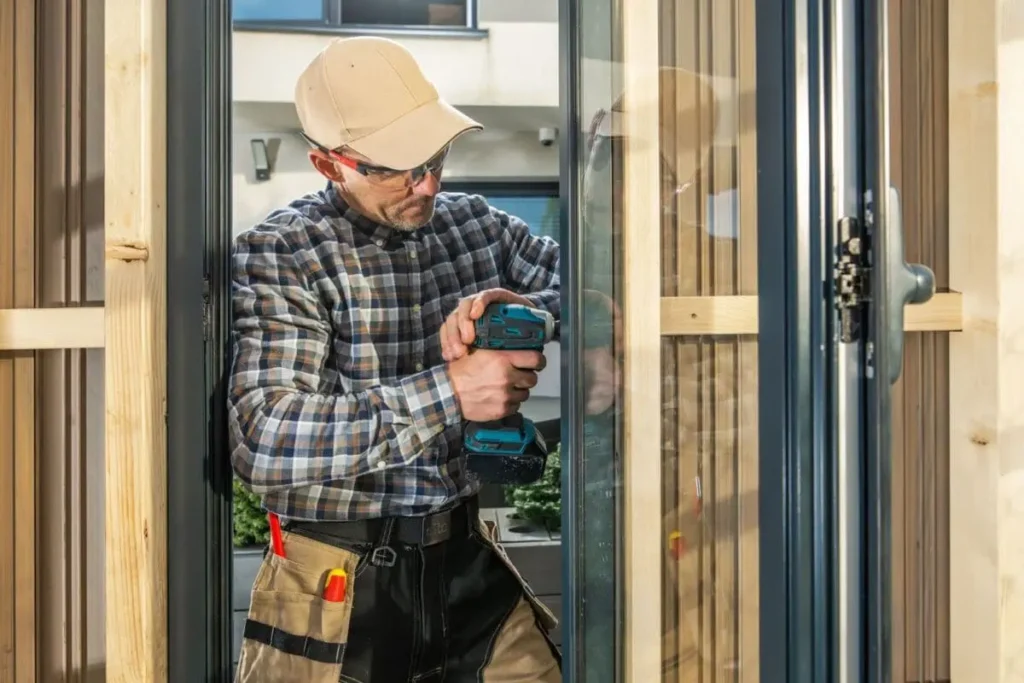Windows play a crucial role in shaping the energy efficiency, comfort, and overall livability of your home. While aesthetics and durability are important factors, the thermal performance of your windows is often the most significant contributor to indoor comfort and monthly energy costs—especially in climates like Houston, where high temperatures and humidity are the norm for much of the year. In this article, we’ll explore how different window materials and designs affect thermal performance, examine the advantages of various options, and offer guidance on selecting windows tailored for the unique climate challenges of Southeast Texas.
What Is Thermal Performance and Why Does It Matter?
Thermal performance refers to a window’s ability to resist heat transfer between the inside and outside of your home. High-performing windows help keep your living spaces cool in the summer and warm in the winter, reducing the workload on your HVAC system and ultimately lowering your energy bills. According to the U.S. Department of Energy, heat gain and loss through windows are responsible for 25%–30% of residential heating and cooling energy use in the United States.
In Houston, where air conditioning runs for much of the year, windows with strong thermal performance can make a significant difference in maintaining comfort and managing utility expenses.
How Window Materials Affect Thermal Performance
The materials used in window frames and sashes play a key role in determining how well a window insulates your home. Let’s take a closer look at some of the most popular materials:
Wood
Wood has long been valued for its natural insulating properties. Its cellular structure helps slow the transfer of heat, making it an excellent option for thermal performance. However, wood requires regular maintenance to prevent issues like warping or rotting, especially in areas with high humidity such as Houston.
Vinyl
Vinyl windows are among the most energy-efficient options available today. The material itself is a poor conductor of heat, which means it helps minimize thermal transfer. Modern vinyl windows often incorporate insulated frames and multi-pane glass, further enhancing their energy-saving capabilities. Additionally, vinyl is highly resistant to moisture and does not require painting or sealing, which makes it a practical choice for Houston homeowners.
Aluminum
Aluminum windows are known for their strength and slim profiles, allowing for larger expanses of glass. While aluminum is a strong conductor of heat, modern designs often include thermal breaks—plastic sections within the frame that reduce heat transfer. With these advancements, aluminum windows can achieve respectable thermal performance, but they are typically better suited for applications where structural strength is a top priority.
The Impact of Window Design on Energy Efficiency
Beyond the frame material, the overall design of the window has a significant influence on thermal performance. Double- and triple-pane windows, for example, contain insulating layers of air or inert gas (such as argon or krypton) between panes, which significantly reduce heat transfer compared to single-pane windows. According to Energy Star, Energy Star-certified windows can save homeowners an average of 12% on their annual energy bills.
Low-emissivity (Low-E) glass coatings are another innovation that enhances window performance. These microscopic coatings reflect infrared energy (heat) while allowing visible light to pass through, helping keep homes cooler in the summer and warmer in the winter. For Houston’s sunny climate, Low-E glass is especially valuable to minimize unwanted solar heat gain.
Why Thermal Performance Matters in Houston
Houston’s climate is characterized by hot, humid summers and mild winters, making it essential for windows to provide effective insulation against heat and moisture. High-performance windows not only improve comfort and reduce strain on air conditioning systems but also contribute to better indoor air quality by minimizing the risk of condensation and mold growth.
The International Energy Conservation Code (IECC) recommends windows with a low U-factor (a measure of heat transfer) and low Solar Heat Gain Coefficient (SHGC) for homes in climates like Houston. These ratings ensure that windows effectively block heat from entering the home while still allowing ample daylight.
Choosing the Right Windows for Your Home
When selecting windows for Houston homes, it’s important to look for products with high energy performance ratings. Pay attention to the following key factors:
- U-Factor: Measures how well a window insulates. Lower values indicate better insulation.
- SHGC (Solar Heat Gain Coefficient): Indicates how much solar radiation passes through the window. Lower numbers are better for hot climates.
- Energy Star Certification: Ensures the window meets strict efficiency guidelines set by the U.S. Environmental Protection Agency.
Consulting with window experts who understand Houston’s unique climate can help you make the best choice for your home. At Advanced Window Products, our team can guide you toward the most effective solutions for long-term comfort and savings.
Maintaining Thermal Performance Over Time
Investing in high-performance windows is just the first step. Regular maintenance, such as cleaning tracks and inspecting seals, ensures that your windows continue to perform at their best. Even the most energy-efficient window can lose effectiveness if seals are compromised or frames are damaged. Our window maintenance tips can help you keep your windows in top shape for years to come.
Ready to Upgrade Your Home’s Energy Efficiency?
Understanding the thermal performance of your windows is the key to creating a comfortable, energy-efficient home—especially in the demanding Houston climate. If you’re ready to explore window options that can boost your home’s comfort and reduce energy costs, we invite you to contact the experts at Advanced Window Products today. Our team is dedicated to helping you find the ideal windows for your needs, ensuring lasting performance and satisfaction.
For more insights and helpful resources, be sure to visit our blog or learn more about our window products. We look forward to helping you take the next step toward a more comfortable and efficient home.
